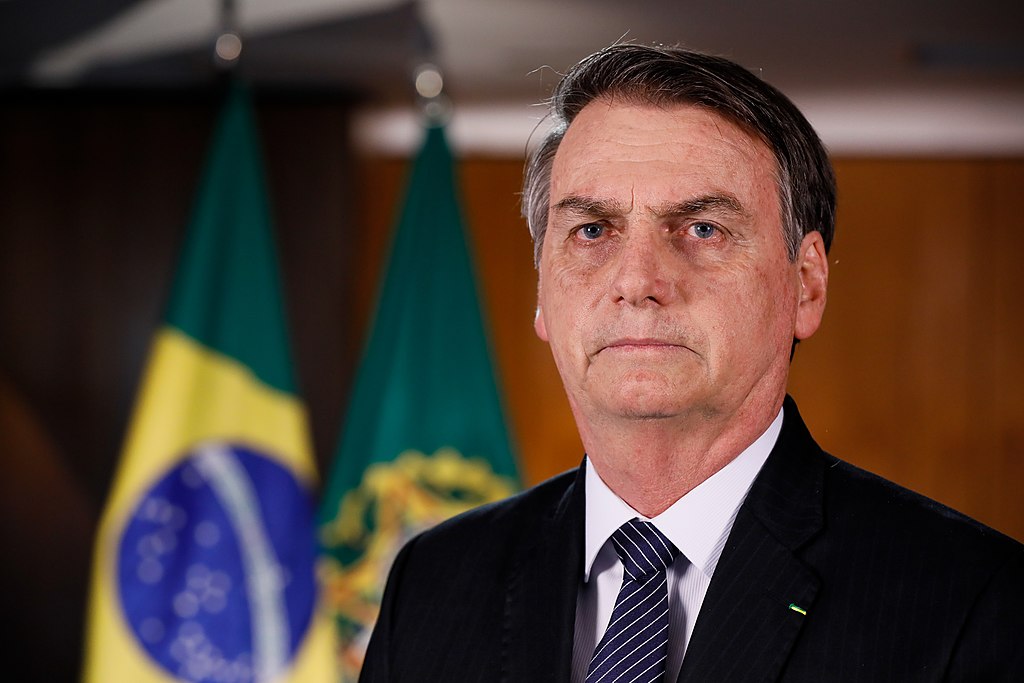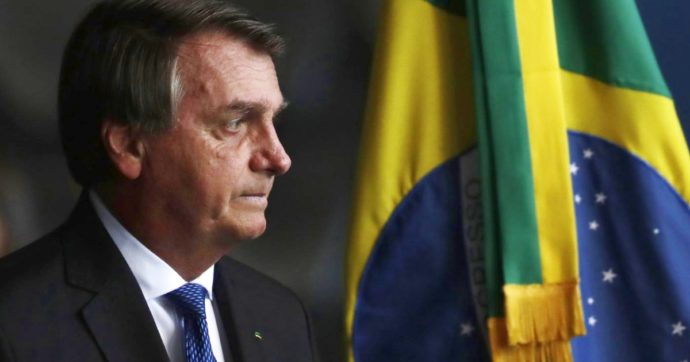In February 2021, Bolsonaro signed decrees to relax gun laws in Brazil – as he pledged during his campaign – by doing so, he allowed the increase of the number of firearms each citizen can own – from 6 to up to 60. The idea behind flexibilities in access to guns is that citizens could fight better crime and violence with their weapons. In June 2019, president Bolsonaro posted on his Twitter account, “[…] The right to self-defence cannot continue to be violated! Not everyone is in a position to have armed security guards.” Since then, several decrees were issued by the president to materialize his campaign promise. Now Brazilians have easier legal access to own high-calibre guns, which before were only allowed to be owned by the military and police force.

Moreover, the import tax on firearms was abolished under his presidency, facilitating even more access to guns. When discussing gun laws in Brazil, it is essential to mention that the country has one of the highest homicide rates in the world. After two years of his presidency and his decree to expand the population’s armament, the country has 1.151 million legal weapons in the hands of citizens, considering that in December 2018, there were only 697 thousand. Additionally, the most significant increase of 72% is about individual’s licenses which went from 346 thousand firearms in 2018 to 595 thousand at the end of 2020. Another relevant data is that in 2018 Atlas of Violence published a report stating that between the early 1980s and 2016, the percentage of homicides committed with firearms rose from 40% to 70% in the country.
These high percentages highlight the urgency and importance of the matter in the country. It is crucial to improve and take action on the kind of gun laws and decrees are being issued in the country to start a change in the statistics of lethal violence. When discussing public security, arm-control is essential to guarantee freedoms. In a democratic state, where the rule of law is respected, the monopoly of weapons is in the state’s hands to ensure public security to its citizens. When we start easing citizens’ access to firearms with the justification that they should protect themselves, we are dangerously outsourcing public security responsibility to the general public.

According to Harvard professor of public health David Hemenway having a gun for self-defence does not reduce the chances of being injured. Several studies show that the risk of having a gun at home outweigh the benefits. Indeed, most of the time, the risks are fatal accidents, suicides, and intimidation to family members, where women and children are often the victims. Not enough attention was paid by international and national media on these new decrees as we are currently dealing with covid-19, which has brought to light other structural problems in the country.

Nevertheless, it is essential to pay attention to how Brazil deals with its public security’s issues, as it is a dear topic to Brazilian citizens. We can indeed recall that public safety was a crucial topic during the last presidential campaign, and gun laws were a source of great polarization.
Considering that the current economic and political crisis will further escalate in the near future would be better to pay attention to shady decisions that are being taken while everyone pays attention to the health crisis caused by the pandemic.
Ti potrebbe interessare anche: Esperta in Burlesque! Ecco la nuova assessora alla cultura di Roma scelta dalla Raggi